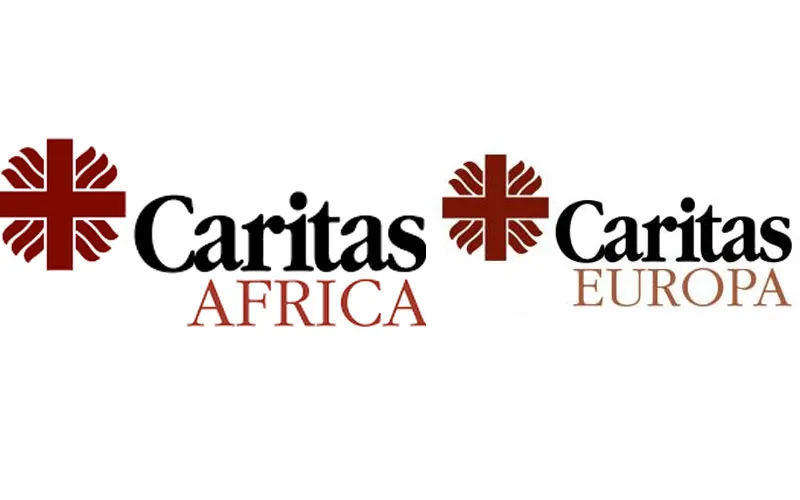Nairobi, 22 September, 2021 / 9:30 pm (ACI Africa).
On the occasion of the International Day of Peace marked Tuesday, September 21, officials of Caritas Africa and Caritas Europe have encouraged leaders on the two continents to put in place mechanisms to address “social exclusion” and work toward protecting citizens’ “fundamental rights.”
“Caritas Africa and Caritas Europa call attention to the multiple aspects of social exclusion that are persistent drivers of conflict in many African countries,” those at the helm of Caritas in Africa and Europe say in their collective statement issued Tuesday, September 21.
They add, “We emphasize the importance of core civic freedoms that must apply to all residents and urge African and European leaders to take all necessary steps to protect these fundamental rights.”
The Caritas officials urge African leaders to “uphold their international and domestic legal obligations to respect and enforce fundamental human rights and guarantee freedom of expression, association and assembly as well as the right to peaceful protest.”
“We urge the Africa Union’s Peace and Security Council to better promote these democratic practices among Member States,” the Caritas officials say in the statement signed by the Executive Secretary of Caritas Africa, Albert Mashika and the Secretary General of Caritas Europe, Maria Nyman.








